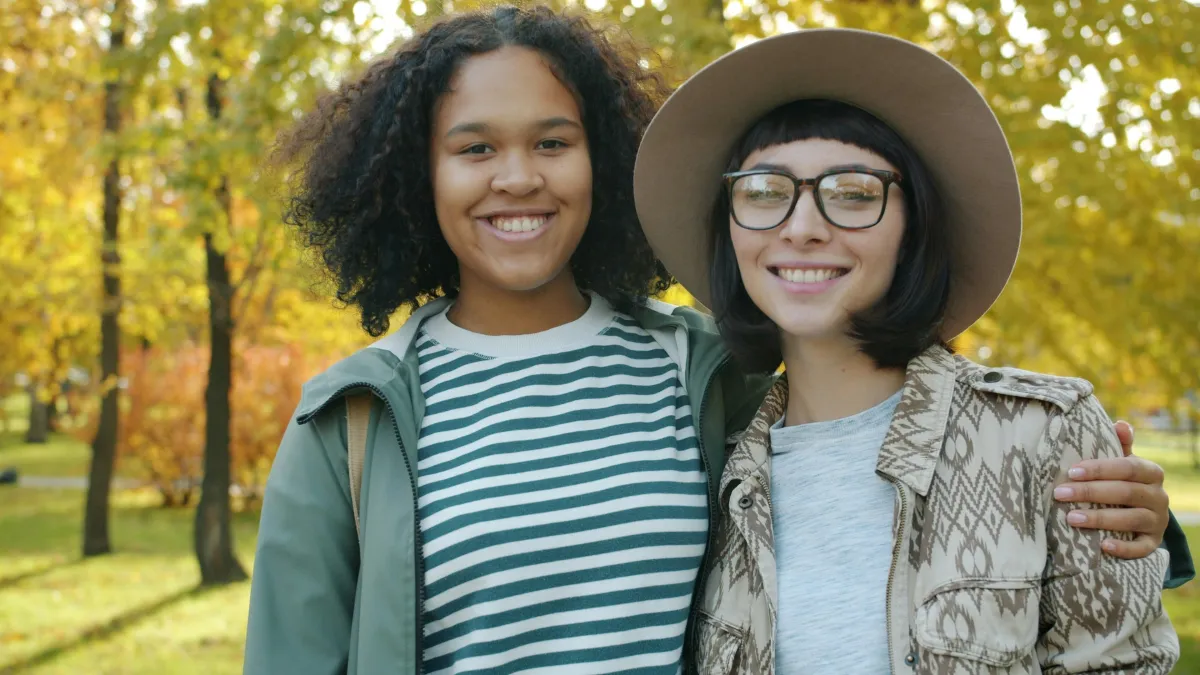
Are Your Relationships Making You Sick? The Truth About Healthy vs. Toxic Connections
Photo by Vitaly Gariev on Unsplash
What if that constant stress, fatigue, or even those weird headaches weren’t just from lack of sleep or too much coffee, but from the relationships in your life?
Sounds wild, right? But science says it’s true: the people in your circle can either act like daily vitamins or like slow poison. Some connections extend your life. Others quietly chip away at it. Let’s unpack how.
Healthy Relationships: Nature’s Multivitamin
When you’ve got solid, supportive relationships, your whole body relaxes. Stress hormones like cortisol simmer down. Your nervous system finally gets the memo that you’re safe.
And the benefits keep stacking. Your heart stays healthier. Your blood pressure steadies. Your immune system does a little happy dance and fights off infections better.
Even your brain cashes in. Socially connected people show lower risk of dementia. Translation: family dinners and long friend catch-ups aren’t just fun, they’re mental strength training.
And get this: people with strong connections live longer. Literally longer. Forget fancy supplements! Brunch with your bestie might be the real fountain of youth.
Emotionally, healthy relationships are like a cozy weighted blanket. They boost your resilience, ease anxiety, and give you the confidence to handle life’s chaos without curling up in a ball (at least, not every day).
A Quick Note for My Introverts
If you’re reading this and thinking, “Kaitie, this all sounds great, but I’d rather wrestle a porcupine than go to three social events a week,” let me stop you right there. Healthy relationships don’t mean you need a massive squad or back-to-back brunches. It’s about quality, not quantity.
Even a few close, meaningful connections can deliver all the same health benefits. For some people, it’s one best friend. For others, it’s family, a partner, or even a small online space where you feel safe and supported. Connection doesn’t have to look loud or crowded. It just has to feel genuine.
And here’s where I’ll share a personal note: I’m what I call an extroverted introvert. I can flip the switch and be social, lead a room, or host the party, but afterwards? I need a couple of days to hide under a blanket and recharge because my natural wiring is introverted. So if you’re like me, know that it’s not about how much you connect, it’s about how meaningful those connections are.
Toxic Relationships: The Invisible Drain
On the flip side, toxic relationships are like a leaky faucet. Drip by drip, they waste your energy until you’re left drained.
Instead of calming your system, these relationships keep your stress hormones cranked on high. Your body thinks it’s under constant threat, and your nervous system lives in overdrive.
The mental health toll is huge. Toxic dynamics fuel anxiety, depression, and self-doubt. And here’s the tricky part: you might not even notice it’s happening. When you’re inside it, that tension feels like “normal.”
And this isn’t just about romance. A snarky coworker, a manipulative friend, a critical family member? They can all be toxic. If you leave interactions feeling smaller, second-guessing yourself, or completely exhausted, that’s your body saying, “We’ve got a problem here.”
Physically, the body keeps score. Chronic stress weakens immunity, disrupts sleep, and shows up as headaches, stomach issues, or muscle tension. Over time, the toll is brutal: higher inflammation, higher blood pressure, higher risk of disease. Your body is literally yelling, “This relationship is not safe.”
Why Relationships Hit So Hard
Relationships affect three major systems in your body:
Stress hormones. Healthy connections calm cortisol. Toxic ones keep it spiking.
Immune response. Support soothes inflammation. Toxicity fuels it.
Behavior. Encouragement helps you stick to self-care. Negativity pushes you into neglect.
So when people say “relationships affect your health,” it’s not just a metaphor. It’s science. The people you keep close are rewiring your biology every single day.
Awareness: Your First Superpower
Here’s the kicker: sometimes you don’t realize a relationship is toxic until you step back. Awareness is the first step.
Think about it:
Do you feel exhausted after spending time with someone, no matter how much rest you get?
Do you pull away from loved ones because you’re too drained to deal with the fallout?
Do you doubt yourself more around a certain person, or find yourself apologizing for things that aren’t even your fault?
Those aren’t quirks. They’re red flags.
Becoming aware doesn’t mean you have to cut ties today. It doesn’t mean you have to slap a label on the relationship right now. It just means you’re starting to see what’s really happening. And once you see it, it’s hard to unsee. That clarity? That’s the first step toward change.
The Bottom Line
Healthy relationships are like a wellness plan you actually want to stick with. They boost your body, mind, and spirit. Toxic ones are like carrying an invisible backpack full of bricks. You don’t realize how heavy it is until you finally put it down.
So check your circle. Ask yourself: do these people build me up, or break me down?
Because unveiling the beautiful Beast within you means choosing connections that fuel your light ... in love, in friendship, in family, and at work ... not ones that keep dimming it.
Want more? Check out the video version of this post and subscribe for more evidence-based, no-nonsense health and wellness insights.
Sources & References
Social Relationships and Physiological Determinants of Health across the Lifespan
https://www.ncbi.nlm.nih.gov/pmc/articles/PMC4725506/Social Relationships and Health: A Flashpoint for Health Policy
https://www.ncbi.nlm.nih.gov/pmc/articles/PMC3150158/Social Relationships and Immune Aging in Early Midlife
https://www.sciencedirect.com/science/article/pii/S2666354625000511The Toxic Effects of Perceived Social Isolation
https://www.ncbi.nlm.nih.gov/pmc/articles/PMC4021390/The Health Benefits of Strong Relationships
https://www.health.harvard.edu/staying-healthy/the-health-benefits-of-strong-relationshipsLife-Saving Relationships (American Psychological Association)
https://www.apa.org/monitor/2018/03/life-saving-relationships
